2025 Electric Pickup Trucks: Revolutionizing the Future of Eco-Friendly Hauling
Introduction
The automotive industry is undergoing a seismic shift, particularly in the pickup truck segment, which has long been dominated by gas-guzzling behemoths. As we approach 2025, electric pickup trucks are set to revolutionize the way we think about hauling, utility, and sustainability. With advancements in battery technology, increased charging infrastructure, and a growing consumer demand for eco-friendly options, electric pickups are not just a trend—they are the future of transportation.
The Rise of Electric Vehicles
Electric vehicles (EVs) have gained significant traction over the past decade, driven by advancements in technology and a global push for sustainability. Governments around the world are implementing stricter emissions regulations and offering incentives for consumers to switch to electric. This shift in consumer behavior has prompted automakers to invest heavily in electric vehicle technology, leading to the emergence of electric pickups.
Why Electric Pickup Trucks?
Electric pickup trucks offer numerous advantages over their traditional gasoline counterparts. One of the most compelling reasons is the environmental benefits. Electric trucks produce zero tailpipe emissions, significantly reducing the carbon footprint associated with transportation. Additionally, they can often be powered by renewable energy sources, further enhancing their eco-friendly credentials.
Furthermore, electric pickups are equipped with advanced technology that enhances performance. Instant torque delivery provides rapid acceleration, while regenerative braking systems improve energy efficiency. The lower center of gravity in electric vehicles also contributes to better handling and stability, making for a safer driving experience.
Leading Electric Pickup Trucks of 2025
As we look towards 2025, several electric pickup trucks are poised to make a significant impact in the market. Major automakers are introducing models that cater to different needs and preferences, from rugged workhorses to luxury vehicles.
1. Tesla Cybertruck
The Tesla Cybertruck has generated considerable buzz since its unveiling. With its futuristic design and robust features, the Cybertruck is expected to redefine what pickup trucks can be. It boasts an impressive range of up to 500 miles on a single charge, making it suitable for long-haul trips and heavy-duty tasks. With the capability to tow over 14,000 pounds, the Cybertruck is designed for both work and play.
2. Ford F-150 Lightning
Ford has long been a leader in the pickup truck market, and the F-150 Lightning is its bold entry into the electric space. This model retains the beloved F-150 design while incorporating a fully electric powertrain. With a starting range of around 230 miles and an optional extended range of 300 miles, the F-150 Lightning is versatile enough for various driving needs. Its innovative features, such as the built-in generator that can power tools or even a home during outages, make it a practical choice for many consumers.
3. Rivian R1T
Rivian, an upstart electric vehicle manufacturer, has captured attention with its R1T electric pickup truck. This vehicle is designed for adventure, featuring an all-wheel-drive system and a range of up to 400 miles. The R1T is equipped with multiple storage compartments, including a unique “gear tunnel” that allows for easy transport of outdoor gear. With its focus on sustainability and outdoor activities, the Rivian R1T appeals to environmentally conscious consumers who enjoy an active lifestyle.
4. GMC Hummer EV
The GMC Hummer EV marks the return of the Hummer brand, now reimagined as an all-electric pickup. This truck combines rugged capability with luxury and technology. With a starting price in the upper range, the Hummer EV offers exceptional off-road performance, a 0-60 mph time of just three seconds, and an estimated range of over 350 miles. Its unique features, such as CrabWalk mode, allow for enhanced maneuverability in challenging terrains.
5. Chevrolet Silverado EV
The Chevrolet Silverado EV aims to compete directly with other electric pickups by offering a familiar design coupled with cutting-edge technology. The Silverado EV is built on GM's Ultium battery platform, providing substantial range and power. The truck is expected to deliver impressive towing capabilities and a spacious interior, making it a practical choice for families and workers alike.
Battery Technology and Range Improvements
One of the primary concerns consumers have about electric vehicles is range anxiety—the fear of running out of battery power before reaching a charging station. However, advancements in battery technology are addressing this issue. By 2025, many electric pickups are expected to feature solid-state batteries, which offer higher energy density and faster charging times compared to traditional lithium-ion batteries.
These improvements will not only enhance the driving range of electric pickups but also reduce charging times, making them more convenient for everyday use. With networks of fast-charging stations expanding, the feasibility of long-distance travel in electric pickups is becoming a reality.
Charging Infrastructure: The Key to Adoption
The growth of electric pickup trucks is closely tied to the development of charging infrastructure. By 2025, it is anticipated that more charging stations will be available across urban and rural areas, making electric pickups a more practical choice for consumers. Companies are investing in fast-charging networks that can provide significant battery replenishment in a matter of minutes, making long trips more manageable.
Additionally, home charging solutions are becoming more accessible, allowing owners to charge their electric pickups overnight. This convenience eliminates the need for frequent stops at public charging stations, further encouraging the adoption of electric vehicles.
Cost Considerations
While electric pickups often come with a higher upfront cost compared to traditional gasoline models, the total cost of ownership can be significantly lower over time. Electric trucks typically have fewer moving parts, leading to lower maintenance costs. Moreover, with rising fuel prices, the cost savings associated with charging an electric vehicle can add up quickly.
Incentives and rebates offered by governments also play a crucial role in making electric pickups more affordable. Consumers can take advantage of tax credits and other financial incentives to offset the purchase price, making the switch to electric more appealing.
Impact on the Environment
The transition to electric pickup trucks has far-reaching implications for the environment. By reducing reliance on fossil fuels, electric pickups contribute to cleaner air and lower greenhouse gas emissions. The use of renewable energy sources to charge these vehicles further enhances their sustainability profile.
Moreover, as the electric vehicle market continues to grow, there is potential for significant reductions in overall emissions from the transportation sector. This shift could play a pivotal role in meeting global climate goals and mitigating the impacts of climate change.
The Future of Work and Play
Electric pickup trucks are not only transforming individual transportation but also reshaping the way businesses operate. Many companies are adopting electric fleets to reduce operational costs and improve sustainability. Electric pickups are proving to be efficient tools for various industries, from construction to logistics, providing the power and versatility needed for demanding tasks.
On the recreational side, electric pickups are becoming increasingly popular among outdoor enthusiasts. With their quiet operation and ability to tow trailers or carry gear, they are ideal for camping, boating, and other outdoor activities. As electric pickup trucks continue to improve in terms of range and performance, their appeal for recreational use will only grow.
Challenges Ahead
Despite the promising future of electric pickup trucks, several challenges remain. Consumer perception is one of the most significant hurdles; many potential buyers are still hesitant to make the switch from traditional gas-powered vehicles. Education and awareness campaigns will be essential to inform consumers about the benefits and capabilities of electric pickups.
Additionally, the sourcing of materials for batteries, such as lithium and cobalt, poses ethical and environmental challenges. Automakers must prioritize sustainable practices and explore alternative materials to minimize the impact of battery production on the planet.
Conclusion
As we move closer to 2025, electric pickup trucks are set to revolutionize the transportation landscape. With advancements in battery technology, a growing charging infrastructure, and an increasing focus on sustainability, these vehicles are poised to redefine the way we think about hauling. The electric pickup truck market is not just a passing trend; it represents a fundamental shift towards a more eco-friendly and efficient future. As automakers continue to innovate and consumers embrace this change, the electric pickup will undoubtedly play a crucial role in shaping the future of transportation.
Explore
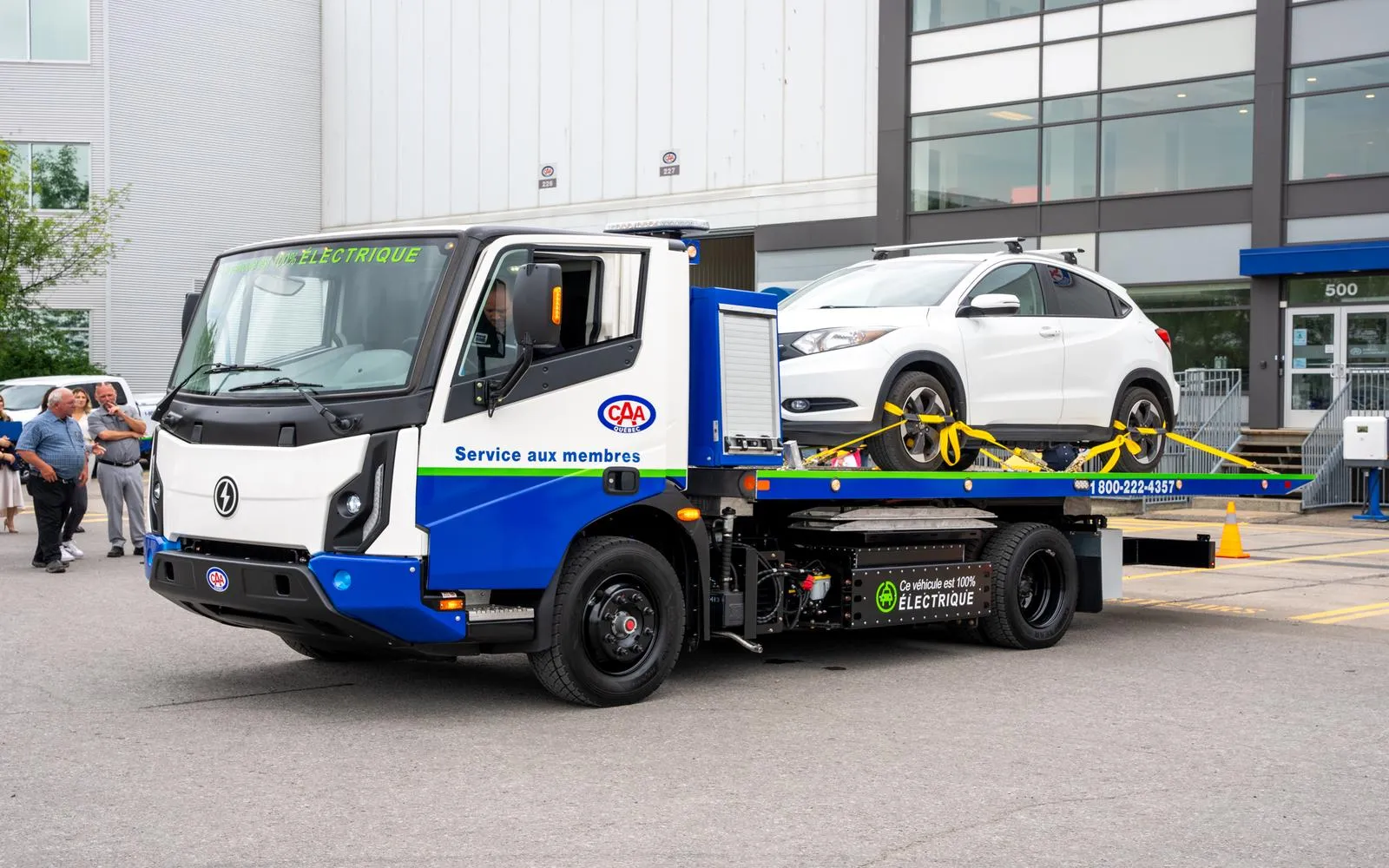
2025 Electric Trucks for Towing: The Future of Heavy-Duty Hauling
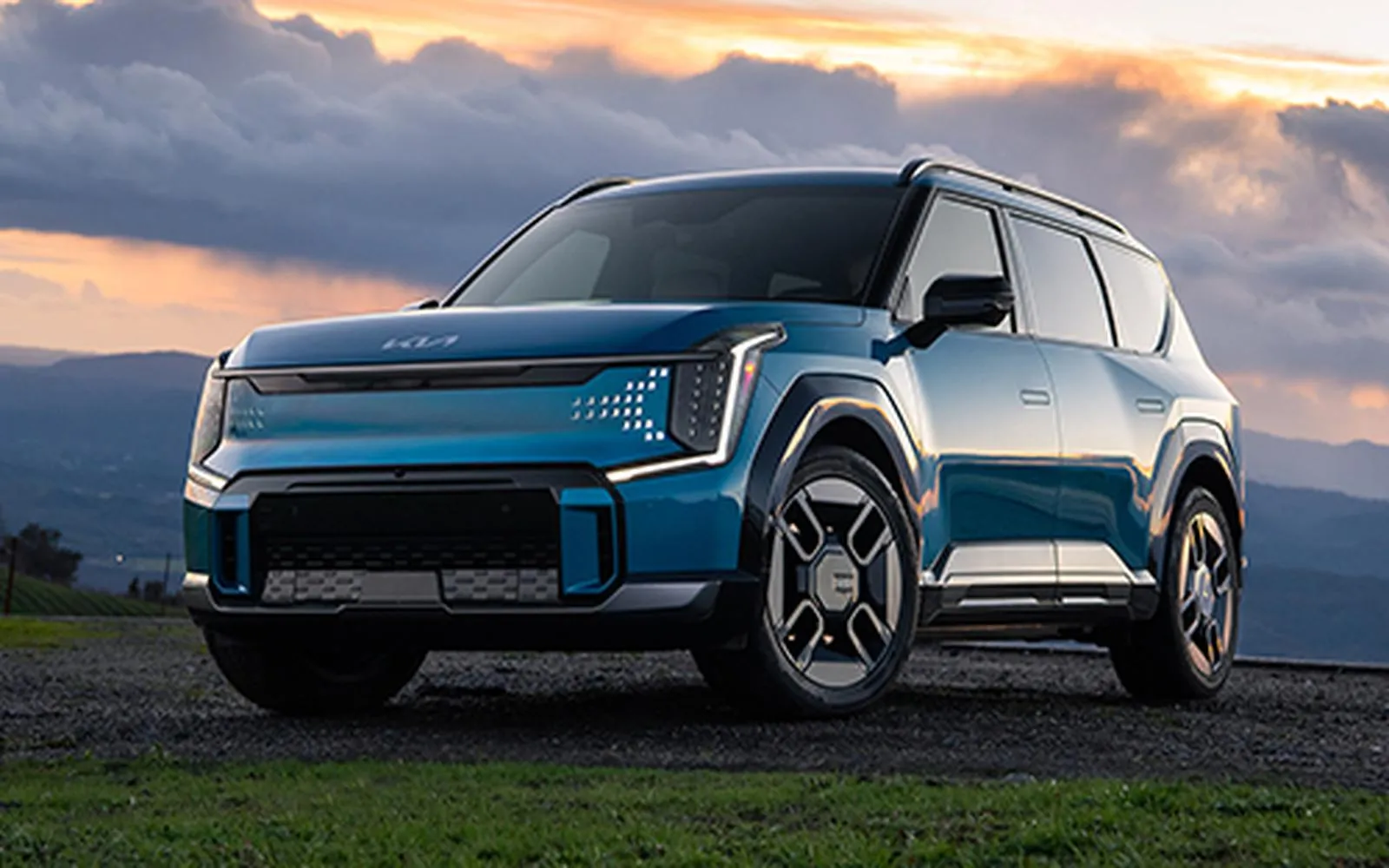
Used Electric Cars to Consider in 2025: Eco-Friendly Choices for Every Budget
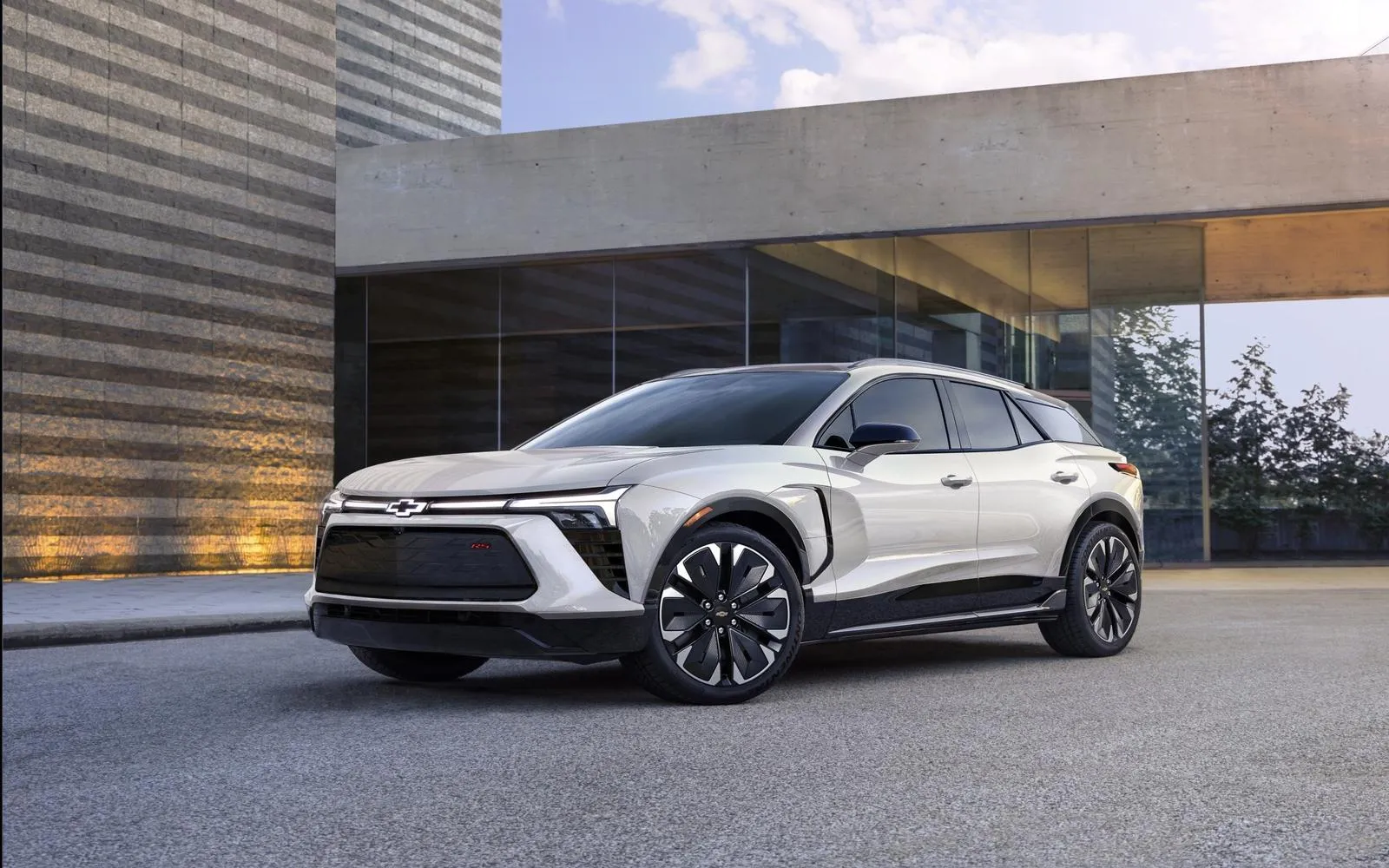
Electric Car Leases of 2025: Best Deals for Eco-Friendly Drivers
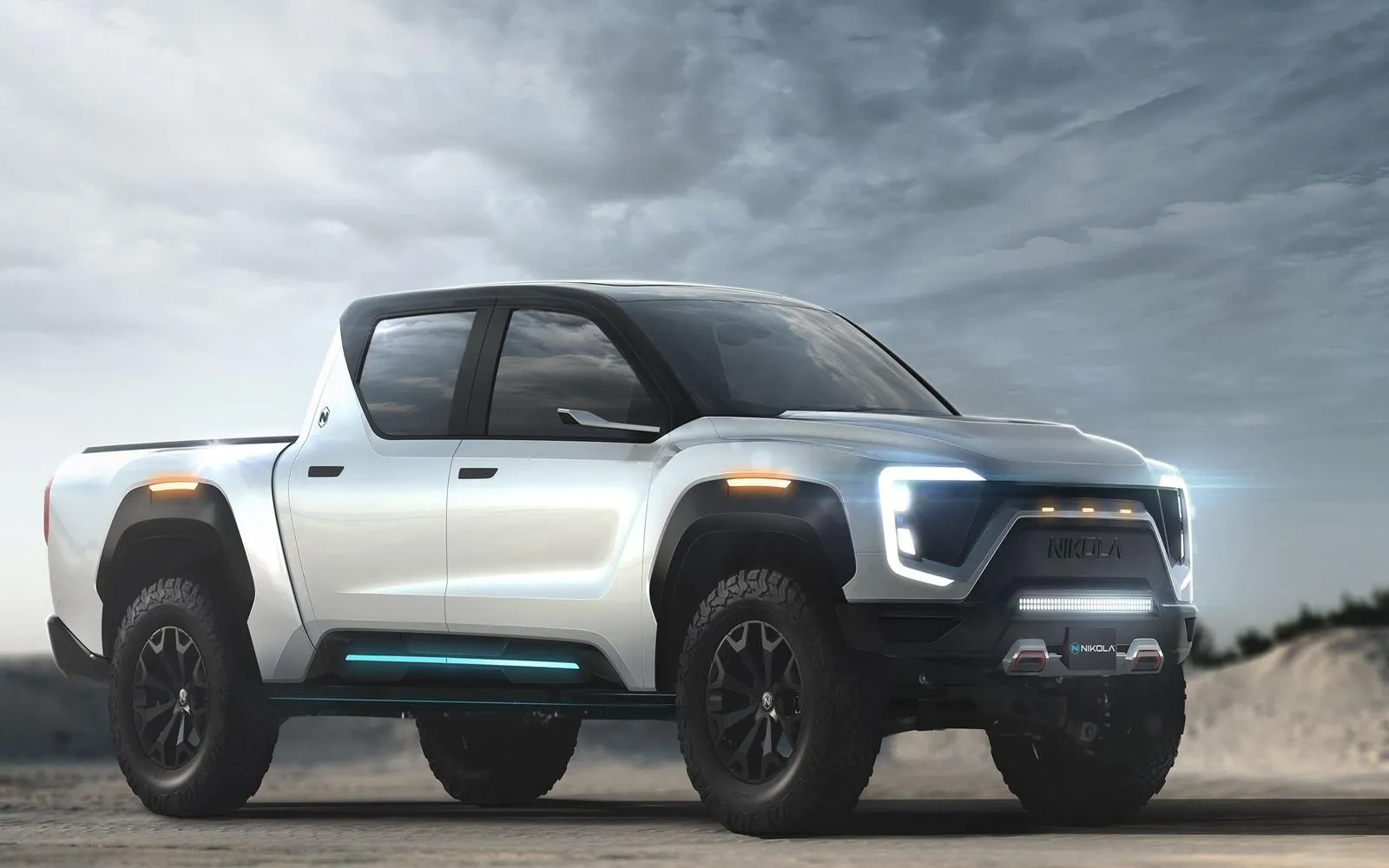
Revolutionizing the Road: The Electric Trucks to Watch for in 2025
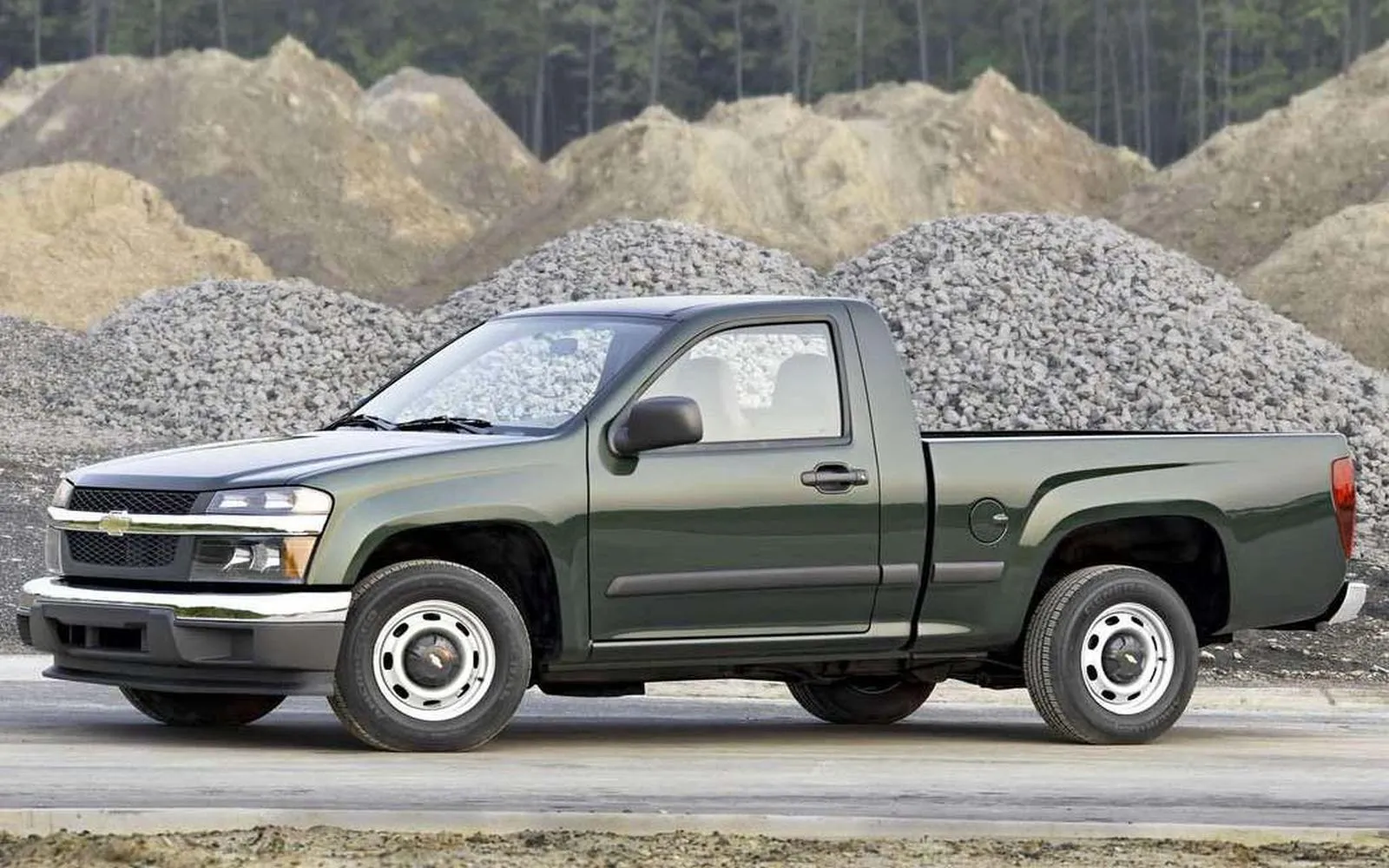
10 Used Pickup Trucks to Buy in 2025: Your Ultimate Guide to Reliability and Value
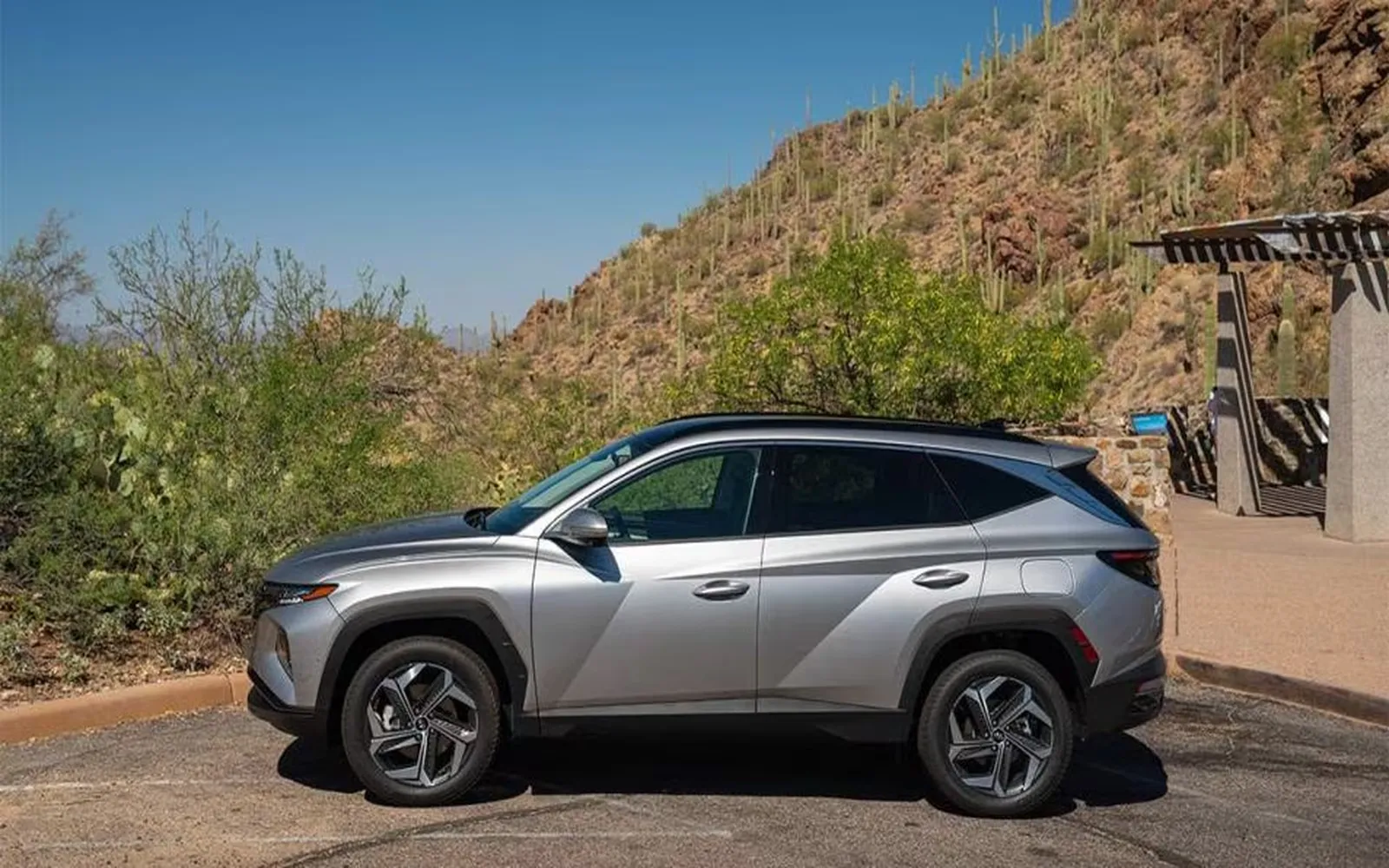
2025 Hybrid Cars: The Future of Eco-Friendly Driving and What to Expect
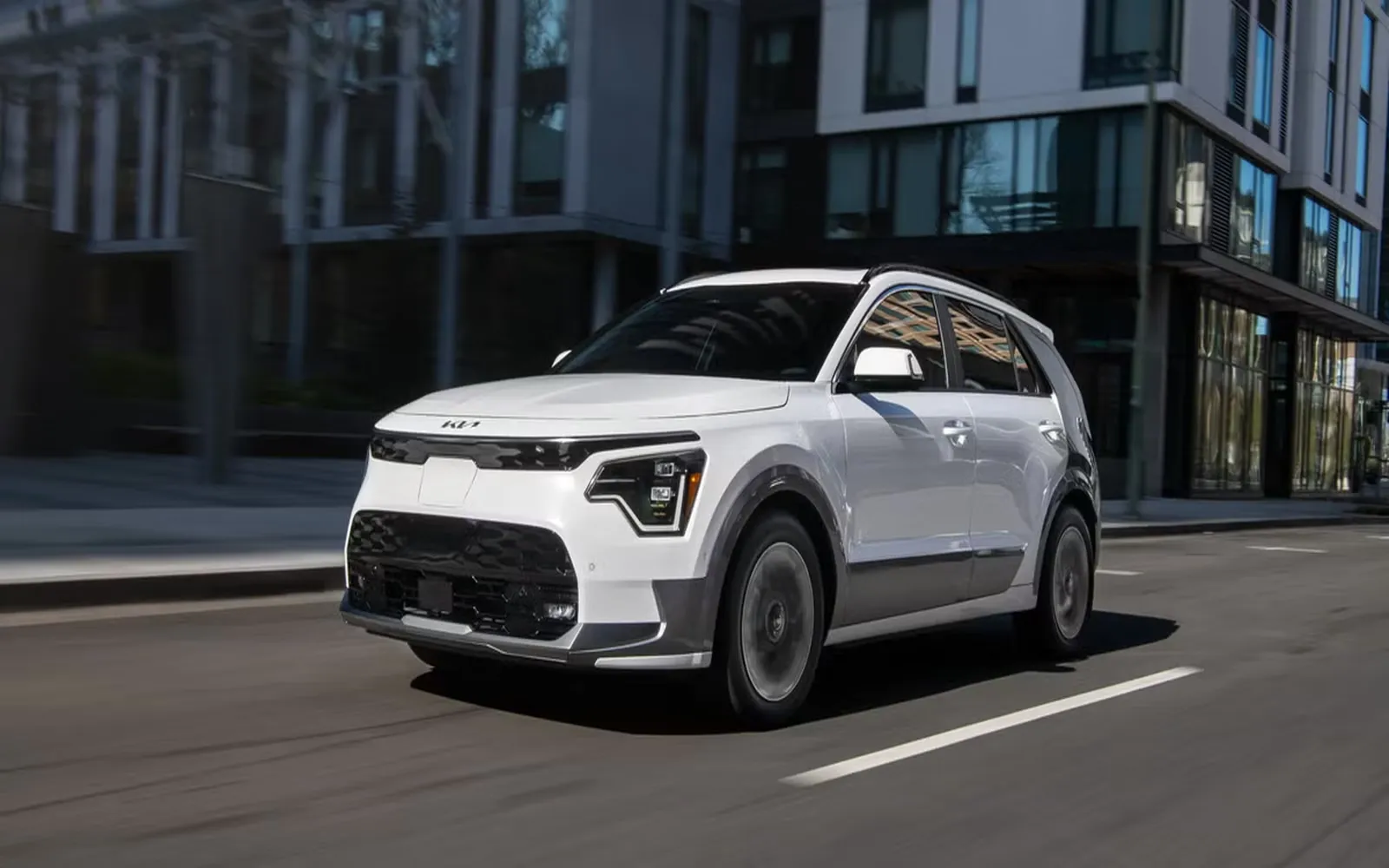
Hybrid Cars of 2025: The Best Eco-Friendly Vehicles for a Sustainable Future

Discover Green Air Conditioning: Eco-Friendly Cooling Solutions
